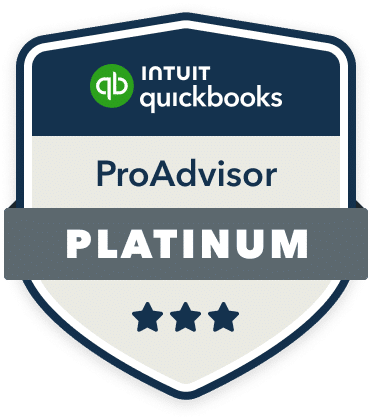It’s certainly not fun to feel restricted or held back. The same goes for cash flow in running a business.
A tight cash supply can clog up various parts of a company, causing all kinds of pains and aches for you and your team.
Here’s why cash flow matters so much and some red flags to look out for.

Why is cash flow so important?
Simply put, cash flow is at the heart of whether your business remains, well, in business.
A positive, healthy cash flow usually means your company is in good shape. You’re able to keep up with payroll, pay vendors, and generally keep the lights on every month.
On the other hand, a prolonged cash crunch could mean employees walking out on you but creditors heading in the opposite direction.
Depending on how you manage it, your business could get heavily indebted very quickly …or worse, go bust.
How to spot a cash flow problem
An underlying cash flow problem can show up in many ways. Each symptom may seem manageable on its own, but if you do not take a holistic view of the business to address the root cause, things could snowball and get out of hand.
Here are some telltale signs that your firm’s finances may need much more than just an occasional glance.
1. You don’t have any money in the bank
This is the number one point because arguably nothing else can sound a louder alarm.
An empty bank account often means your business would be hollowed out in next to no time, from staff to inventory and equipment.
We are not just talking about a persistent big fat zero on your bank statement.
It’s also time to act if you regularly find your cash ins and outs canceling each other out with no wriggle room.
Set up payment reminders to try and shorten your accounts receivable cycles or stretch your accounts payable where you can.
Additional financing such as through loans may be another option, though this can be even more dangerous if you do not sort out your cash flow practices.
2. You have really slim margins
Pricing is both a science and an art.
A low margin does not necessarily always lead to cash flow trouble.
Again, what’s more important is having wriggle room, by keeping a close eye on your numbers to maintain a reasonably comfortable cash position at any time.
Even so, such margins make your business that much more vulnerable to shocks, such as unexpected expenses. Creeping costs can also erode your cash advantage before you realize it.
Besides reviewing your bills, there comes a time when price adjustments are inevitable.
Analyze your competitors for such hikes because chances are they are facing similar price pressures too. And don’t be afraid to increase your prices. If you’re good at what you do, your customers will be happy to pay.
3. You are growing really quickly
The growth-at-all-costs model of some Silicon Valley firms may seem sexy.
But unless you have substantial investor support or a cash-spitting machine, it’s better to throttle back to make sure your revenue can catch up with the costs.
Because more often than not, it takes at least a year or two for a business expansion to break even in terms of profitability and liquidity.
Meanwhile, the costs can stack up rapidly, including manpower, inventory, and real estate.
Borrowing may seem a tempting way to accelerate growth. But again this can land your business on a slippery slope, especially if you do not judiciously track the larger sums typically involved in such expansion.
We recommend reaching out to an experienced accountant to help you with these decisions.
4. You don’t feel like you can hire someone new
Feeling like you could do with an extra pair of hands but are always hesitant to post the job ad?
Aside from expansion, a cash crunch can also affect a company’s routine hiring. This could lead to firefighting not only on financial spreadsheets but among your staff as well.
Even if you decide to hire someone new, your benefits package may only consist of the bare minimum such as Social Security and unemployment insurance. Saving on voluntary benefits is commendable for financial prudence, but it could also reflect deeper issues with your firm’s cash flow.
Another warning sign is if your payroll can only afford interns or temporary staff when full-timers are what you need.
Do You Need Help From An Experienced Business Advisor?
Cash flow is a fundamental but critical area of any business that demands constant attention and adjustment.
In fact, 82% of companies that go out of business do so because of poor cash flow management and visibility.
Rather than handling it all by yourself, entrust this to a business advisor and accountant who can help to monitor your cash flow, plan for growth and make projections for the future.
Don’t have an experienced business advisor you’re happy with?
We’re always here to help. Simply use this form to get started and we’ll get back to you as soon as possible.
Until next time!




